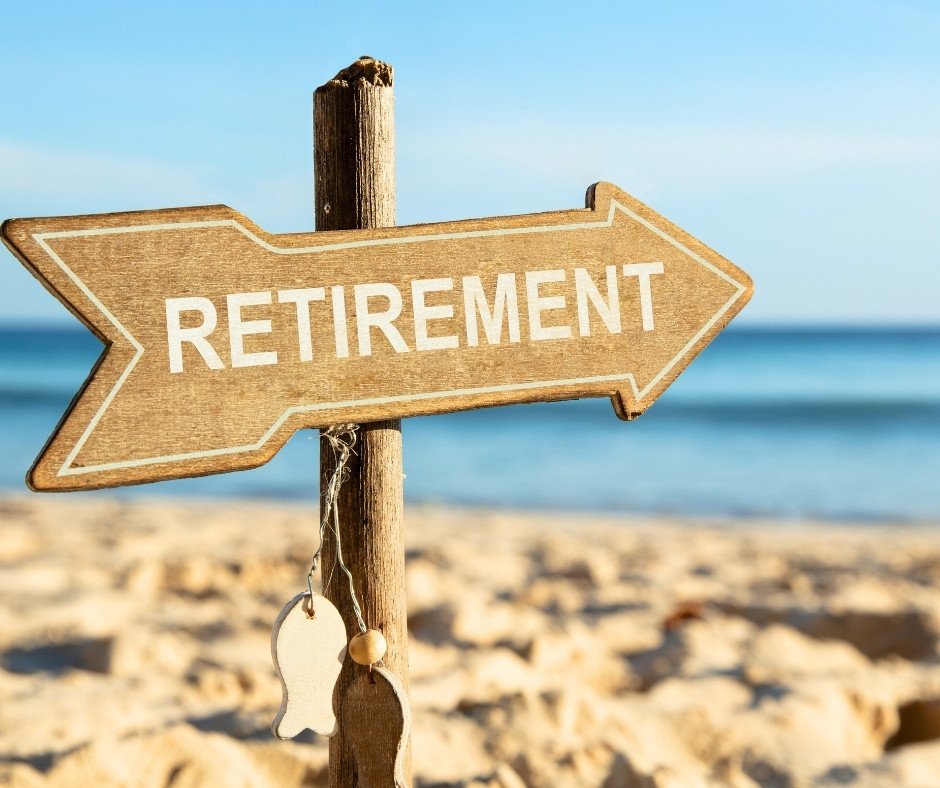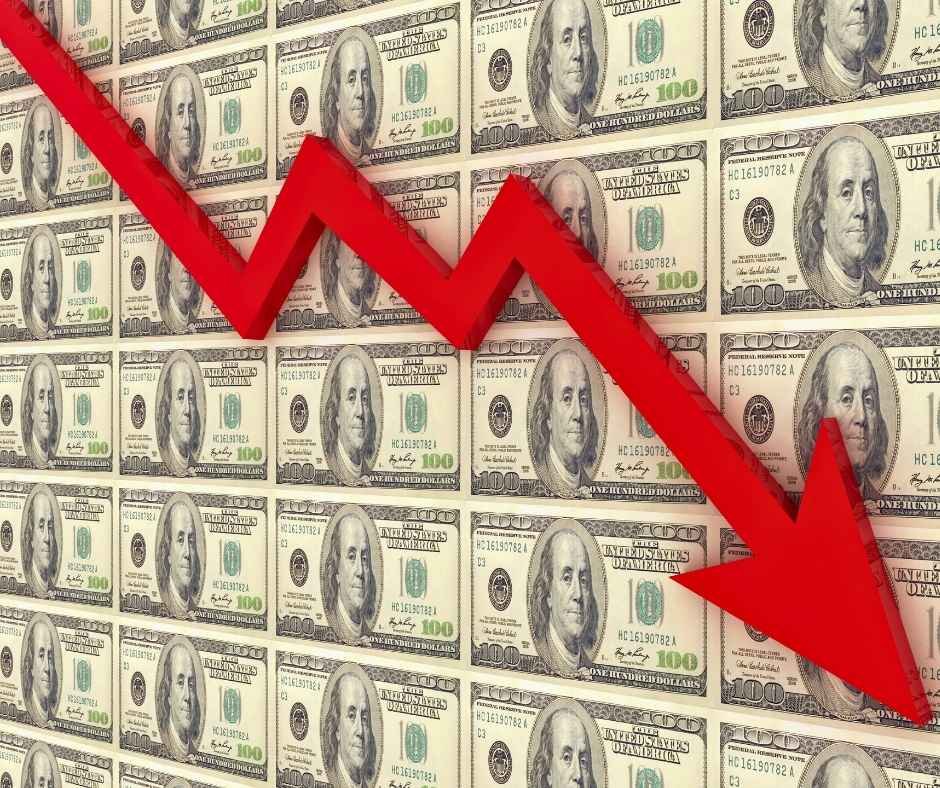
The retirement landscape for baby boomers is a stark contrast to the promises of a golden era. As the largest generation in U.S. history approaches or enters retirement, a shocking truth emerges: nearly two-thirds of peak boomers will struggle to meet their financial needs in retirement.
This isn’t just a minor inconvenience; it’s a full-blown crisis that threatens to destabilize the financial security of millions. The baby boomer generation, born between 1946 and 1964, grew up during a period of unprecedented economic growth and prosperity.
Yet, despite these advantages, many are now facing a retirement marked by financial insecurity rather than the comfortable, leisurely years they envisioned.
This article delves into the multifaceted reasons behind this alarming trend, exploring economic shifts, systemic failures, and personal financial decisions that have left boomers vulnerable.
The Stark Reality of Boomer Retirement Savings
The numbers paint a grim picture of boomer retirement preparedness. As of late 2023, the median retirement savings for this generation stands at a mere $194,000. This figure is startling when compared to the recommended $1.22 million needed to sustain a 30-year retirement, based on the 4% withdrawal rule. Even more concerning, 26% of boomers have less than $50,000 saved, and 10% have nothing at all. These statistics highlight a significant gap between expectations and reality. Many boomers anticipated that their retirement savings, combined with Social Security benefits, would provide a comfortable lifestyle.

However, the reality is that even those with substantial savings may find their funds insufficient to cover basic living expenses, healthcare costs, and unexpected emergencies. The inadequacy of home equity as a retirement buffer further exacerbates this issue, with 15% of middle-class retirees reporting no home equity. This lack of financial cushion leaves many boomers vulnerable to economic downturns and rising costs, making it increasingly difficult to maintain their standard of living in retirement.
The Impact of Economic Recessions
Economic recessions have dealt a severe blow to boomer retirement plans. The 2008 financial crisis, in particular, had a devastating effect on retirement accounts. Many boomers, witnessing the market’s dramatic decline, panicked and sold their investments at the worst possible time. This decision locked in their losses and prevented them from benefiting from the subsequent market rebound. The 2020 stock market crash further eroded retirement assets, leaving many boomers with significantly reduced nest eggs just as they approached or entered retirement.

These crises have not only diminished their savings but also shattered their confidence in the financial markets. The emotional toll of these events cannot be underestimated, as many boomers now approach retirement with a sense of financial fragility and uncertainty. The timing of these recessions has been particularly damaging, occurring during critical periods when boomers should have been maximizing their savings and investments. Instead, they were forced to navigate volatile markets and make difficult financial decisions that have had long-lasting consequences on their retirement security.
The Shift from Pensions to Defined-Contribution Plans
The transition from employer-sponsored defined-benefit pensions to employee-managed defined-contribution plans like 401(k)s has fundamentally altered the retirement landscape for boomers. This shift transferred the responsibility and risk of retirement savings from employers to employees, leaving many boomers unprepared for the complexities of managing their own retirement funds. Unlike pensions, which provided a guaranteed income stream, 401(k)s require individuals to make investment decisions, monitor market performance, and ensure they are saving adequately.

This transition occurred with little education or support, leaving many boomers to navigate the intricacies of retirement planning on their own. The lack of adequate guardrails during this transition has resulted in a generation that is financially vulnerable in retirement. Many boomers did not fully understand the implications of this shift and failed to adjust their savings strategies accordingly. The result is a retirement system that places the burden of financial security squarely on the shoulders of individuals, many of whom lack the necessary knowledge and resources to effectively manage their retirement savings.
Stagnant Wages and Rising Costs
Wage stagnation since the 1970s has made it increasingly difficult for workers to save for retirement, despite productivity gains. While the economy has grown and corporate profits have soared, wages for the average worker have remained relatively flat. This disconnect between productivity and compensation has left many boomers with limited disposable income to allocate toward retirement savings. Additionally, the rising cost of healthcare has consumed a larger portion of household budgets, further limiting the ability to save.

Healthcare expenses have outpaced inflation, making it challenging for boomers to set aside funds for retirement while managing current medical costs. The impact of inflation on fixed retirement incomes has also eroded purchasing power, making it difficult for retirees to maintain their standard of living. These economic pressures have created a perfect storm, leaving many boomers with insufficient savings to cover basic living expenses, let alone enjoy the comfortable retirement they had envisioned.
Insufficient Financial Literacy and Planning
The lack of early financial education has left many boomers unprepared for the complexities of retirement planning. The assumption that “you are on your own” when it comes to retirement savings has resulted in a generation that lacks the necessary knowledge and skills to effectively manage their finances. Many boomers did not start saving seriously until their 50s, missing out on decades of compound growth. This delayed planning has significantly reduced their retirement savings potential.

Additionally, a poor understanding of basic financial concepts like compound interest and inflation has hindered their ability to make informed decisions about their retirement savings. Without a solid foundation in financial literacy, many boomers have struggled to navigate the complexities of retirement planning, resulting in inadequate savings and a lack of preparedness for the financial challenges of retirement. The consequences of this lack of education are evident in the alarming statistics surrounding boomer retirement savings and the growing number of individuals facing financial insecurity in their golden years.
Rising Debt Levels
The dramatic increase in consumer debt during boomers’ prime earning years has significantly impacted their ability to save for retirement. Many boomers have accumulated substantial debt, including mortgages, credit cards, and even student loans for their children. This debt has placed a significant strain on their finances, leaving little room for retirement savings.

High debt levels have not only limited their ability to save but have also increased their financial vulnerability. For boomers with debt exceeding 50%, 80%, or even 100% of their net worth, the challenge of saving for retirement becomes even more daunting. The burden of debt can lead to a cycle of financial stress and instability, making it difficult to break free and focus on long-term financial goals like retirement. This debt crisis has left many boomers in a precarious financial position, with limited options for building a secure retirement nest egg.
Healthcare Costs and Longevity Risk
The underestimation of healthcare costs in retirement has left many boomers financially unprepared for the medical expenses they will face. The rising cost of medical care and the potential need for long-term care services can quickly deplete retirement savings. Many boomers have not adequately planned for these expenses, assuming that Medicare will cover all their healthcare needs. However, Medicare has limitations and does not cover all medical costs, leaving retirees responsible for significant out-of-pocket expenses.

Additionally, the risk of outliving retirement savings due to increasing life expectancies is a growing concern. As people live longer, the need for a sustainable retirement income becomes more critical. Without sufficient savings, boomers may find themselves struggling to cover healthcare costs and maintain their quality of life in their later years. The combination of rising healthcare expenses and longevity risk has created a significant financial challenge for this generation, requiring careful planning and preparation to ensure a secure retirement.
The Role of Social Security
Social Security plays a critical role in the retirement income of many boomers, yet it is often insufficient to meet their financial needs. The average expected Social Security benefit for peak boomers is about $22,000 a year, which is inadequate to maintain their standard of living. Despite being intended as a supplement to retirement savings, Social Security has become a primary source of income for many boomers. This reliance on Social Security benefits highlights the inadequacy of their retirement savings and the challenges they face in covering basic living expenses.

Concerns about the adequacy and future viability of Social Security benefits add to the financial uncertainty surrounding boomer retirement. As the population ages and the number of retirees increases, the sustainability of the Social Security system comes into question. This uncertainty underscores the importance of personal savings and the need for comprehensive retirement planning to ensure financial security in retirement.
Systemic and Policy Factors
Government policies have played a significant role in shaping the retirement landscape for boomers. Tax structures and incentives that favor current consumption over long-term savings have discouraged retirement preparation. The lack of comprehensive retirement security legislation has left many boomers without adequate support and resources to plan for their financial future. Financial market volatility during critical periods, such as the 2000 dot-com crash and the 2008 financial crisis, has further eroded retirement accounts and increased financial insecurity.
The need for initiatives like the Retirement Savings for Americans Act highlights the urgency of addressing these systemic issues. By implementing policies that encourage retirement savings and provide greater financial security, we can help ensure a more stable and prosperous retirement for future generations. The impact of these systemic factors cannot be underestimated, as they have created an environment that is challenging for individuals to navigate and achieve financial security in retirement.
Conclusion
The retirement crisis facing baby boomers is a complex issue with far-reaching implications. From economic recessions and systemic policy failures to personal financial decisions, a confluence of factors has left many boomers financially vulnerable in retirement. The alarming statistics surrounding boomer retirement savings and the growing number of individuals facing financial insecurity highlight the urgency of addressing this crisis.
Increased financial education, policy reforms, and individual action are essential to ensuring a more secure financial future for this generation and those to come. By understanding the root causes of this crisis and working together to implement solutions, we can help boomers achieve the comfortable and secure retirement they deserve. The time to act is now, as the financial well-being of millions of retirees hangs in the balance.







